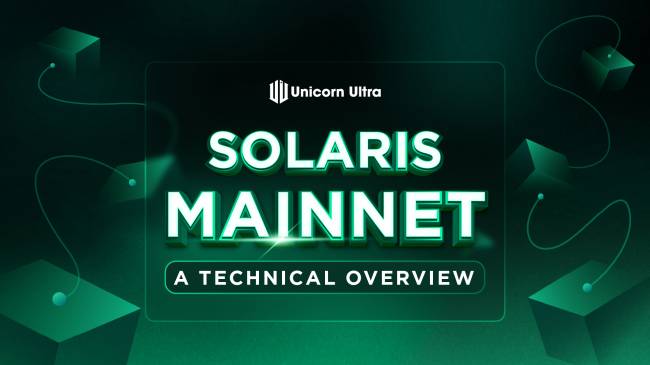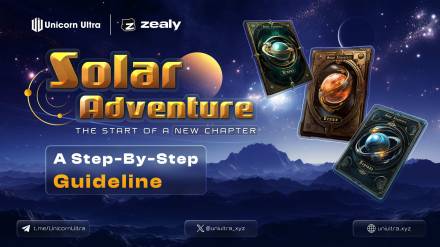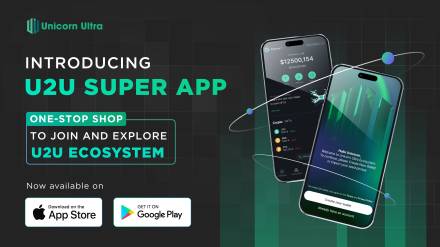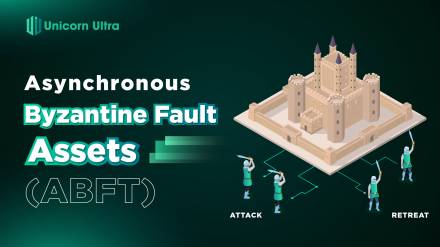Table of Contents
Solaris Mainnet: Redefining Blockchain's Future
Ever since the advent of Ethereum and smart contracts, what people understand about blockchain has never been the same anymore. Bitcoin showed us the possibilities of digital ledgers and how transparency as well as decentralization can be achieved through blockchain technology. On the other hand, Ethereum paved the way for a new era of cryptocurrencies, decentralized applications (dApps), non-fungible tokens (NFTs),… by innovatively transforming from a digital ledger to an unbounded state machine.
Soon enough, the trend Ethereum set had become so popular that Ethereum was overwhelmed. The number of decentralized applications and smart contracts on Ethereum increased so significantly that Ethereum could not handle them all any longer. Transaction costs reached sky-high to as much as hundreds of dollars, and transaction finality took so long that dApps were pretty much unusable. This was when all came to realization that this is definitely not how the future of finance and blockchain looks like, and it has to be changed.
2021 brought about the wave of many so-called Ethereum killers — blockchains that aim to solve the scaling bottleneck that Ethereum was struggling with for a really long time. For the last few years, we have seen the infrastructure for scalability has tremendously improved, with the development of various disruptive blockchain layer-1s as well as Ethereum rollups (layer-2s), or even layer-3s.
However, these blockchains are still far from delivering decentralized services to potentially billions of users, which is in our belief, the end goal. In order to accomplish this objective, Unicorn Ultra Network has been proudly designed and built with numerous innovative, cutting-edge technologies, namely Unicorn Ultra Chain and Unicorn Ultra Subnet. Our solution for infinite scalability involves Unicorn Ultra Chain setting a solid underlying foundation for Unicorn Ultra Subnet to expand on, helping us reach up to 500,000 TPS (Transactions per second), eliminating the worry of blockchain scaling bottleneck that has been long insoluble.
Directed Acyclic Graph (DAG)
The first and foremost fundamental difference between Unicorn Ultra Chain and other competitors on the market is that we implement a Directed Acyclic Graph, or DAG-based data structure instead of the traditional blockchain technology.
DAG is different from blockchain in that blockchain is structured by putting “blocks” into a “chain”, meaning that each new block is constructed based on the previous one and the development is linear. Even though the vertices in a DAG grow in a similar fashion, a DAG spreads out more like a tree rather than a singular “chain” of blocks. In other words, there are various paths for a DAG to expand, allowing its transaction processing to be asynchronous and parallel, hence producing exponentially higher throughput.
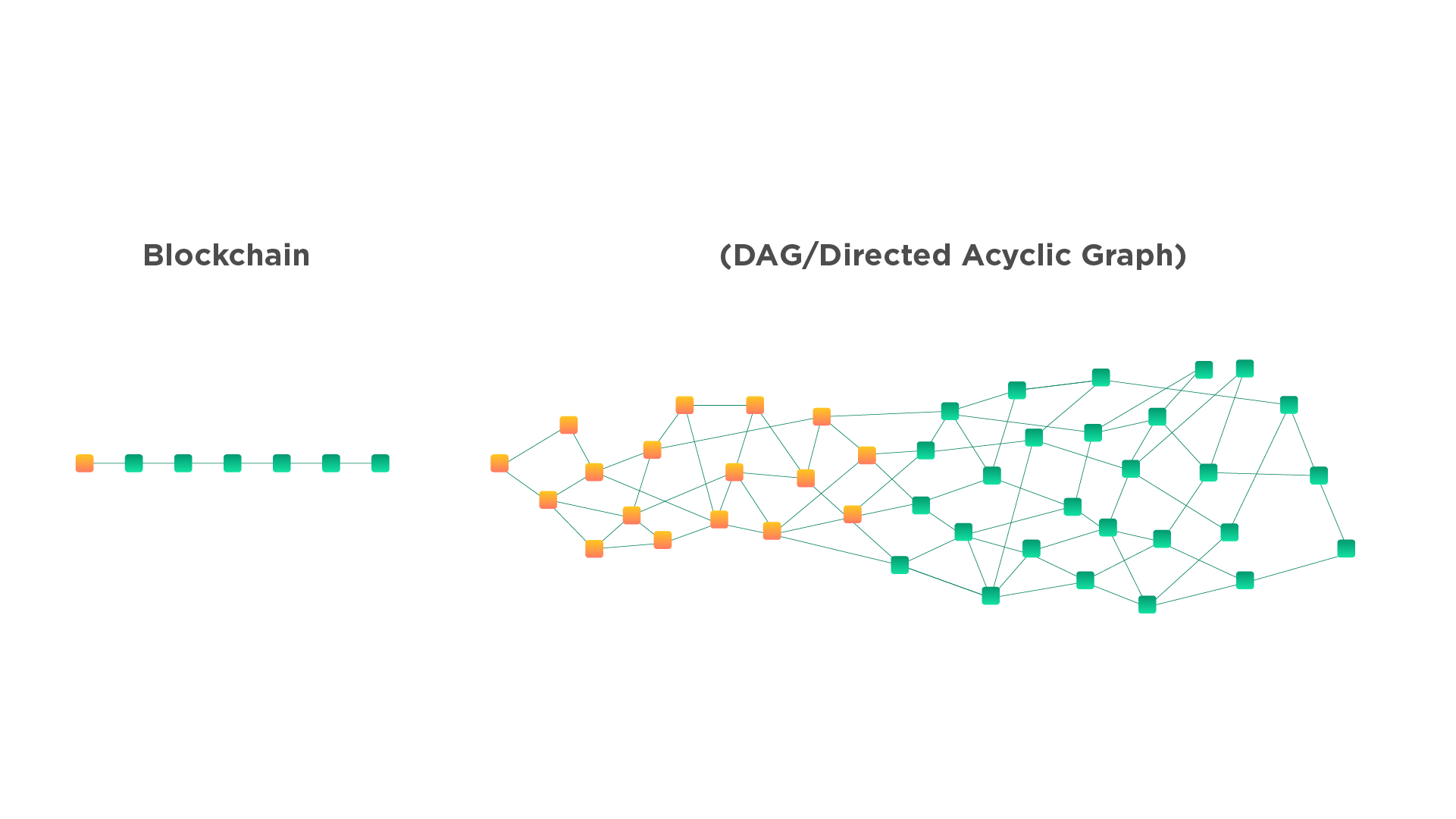
DAG is key for solving the scalability problem. By applying a different way to handle on-chain transactions, we are able to tremendously increase the throughput of Unicorn Ultra Chain, effectively reducing the latency for faster transaction finality.
Asynchronous Byzantine Fault Tolerance (aBFT)
When talking about distributed systems like blockchains, achieving consensus in an environment filled with unreliable actors and communicators is of the utmost importance. Byzantine Fault Tolerance (BFT) refers to the ability of such networks to reach consensus even when some participants may act maliciously.
Most blockchains nowadays have already had this characteristic. However, Unicorn Ultra Chain has taken one further step to reach Asynchronous Byzantine Fault Tolerance (aBFT) — the currently highest form of fault tolerance for a distributed network.
The asynchronous property of Asynchronous Byzantine Fault Tolerance overcomes a challenge of fault tolerance, which is that of timing. Many forms of Byzantine Fault Tolerance assume there is a maximum threshold of message latency when coming to a consensus. An Asynchronous Byzantine Fault Tolerance network eliminates this assumption and allows for some messages to be lost or indefinitely delayed.
Instead, it supposes that at some point an honest node’s messages will eventually get through. It is much more challenging for an honest node to assess whether another node is not following the rules, if that node’s messages can be indefinitely delayed, but this scenario much better reflects that network reliability in the real world.
By successfully attaining Asynchronous Byzantine Fault Tolerance, Unicorn Ultra Chain is much more resilient, secure, and scalable for dApps with high throughput and fast finality.
Delegated Proof of Stake (DPoS)
Proof of Stake (PoS) is a common consensus mechanism that is widely used by a large number of different blockchains, most notably Ethereum. Compared to Proof of Work (PoW) which is used by the Bitcoin blockchain, Proof of Stake is arguably better by being more efficient, accessible, and environmentally-friendly.
While PoW and PoS share the same goal of reaching consensus in the blockchain, PoS has a different way of determining who validates a block of transactions. There are no miners on PoS blockchains. Rather than relying on computational power to compete for block validation rights, PoS validators rely on their crypto holdings.
To be eligible to validate a block, participants need to lock a certain amount of coins, which is known as staking. The locked cryptocurrencies are considered the economic incentive for network participants to act truthfully; otherwise, they will be slashed and lose all of their staked funds.
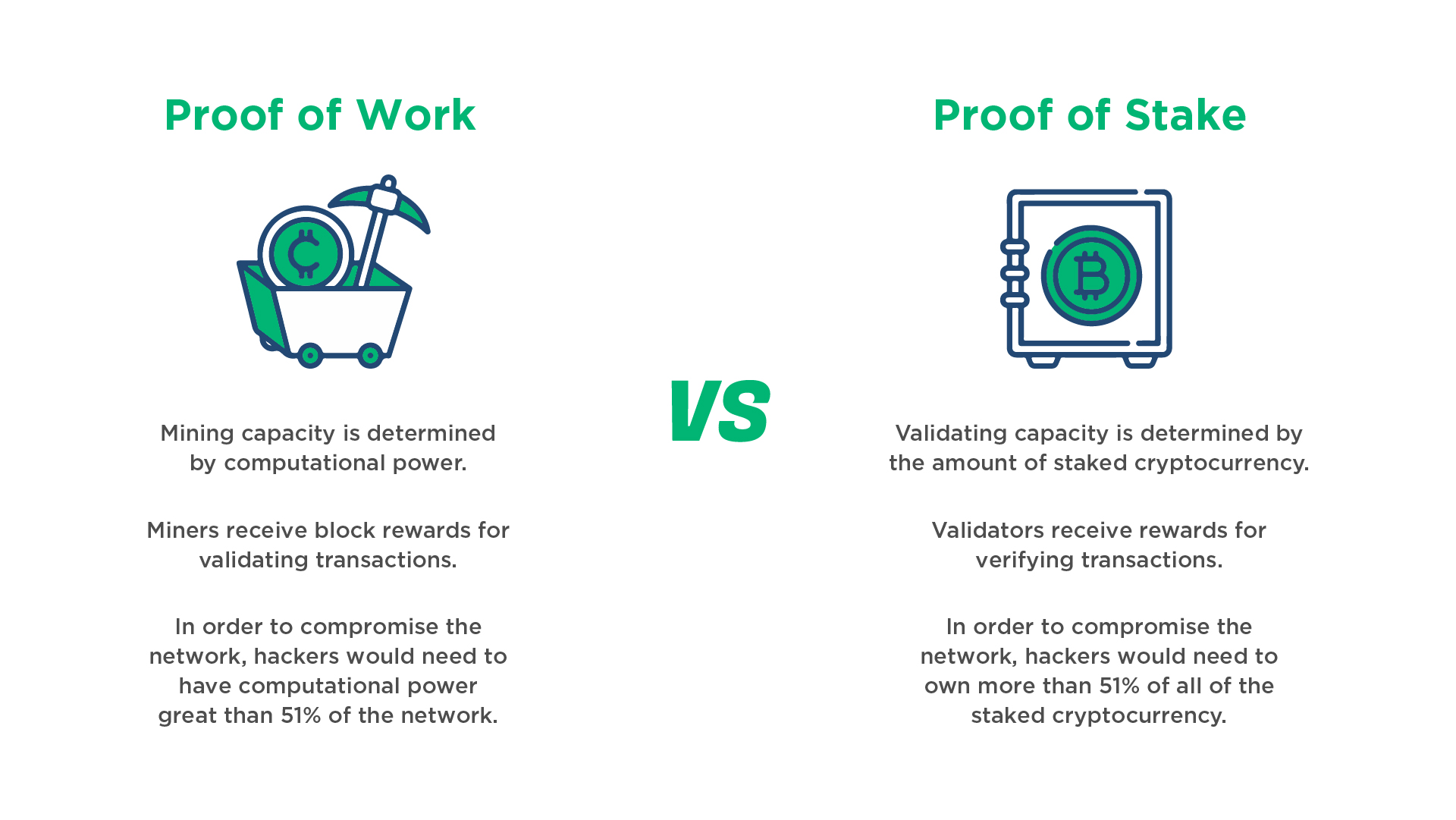
Although Proof of Stake is a very comprehensive model, it is not necessarily the best option practically. As most token holders in crypto are retail investors, they will not have the funds, ability, or desire to run a validator in a specific network, but want to participate in securing the network and earn rewards by staking. To address this issue, we move towards a modified version of the Proof of Stake, which is Delegated Proof of Stake (DPoS).
DPoS implements an additional feature to Proof of Stake, allowing users to back a validator they believe to be a good actor by delegating their tokens to that validator’s stake. These delegated tokens then help the validator reach the minimum amount needed to be part of the active set of validators for the epoch. When the validators are finally able to start earning, they will distribute an according portion of the reward to the delegators that help them in this process.
Essentially, DPoS improves PoS by helping even retailers with limited funds and conditions participate in securing the network and receive staking rewards. With DPoS, Unicorn Ultra Chain is able to become more decentralized, democratic, and financially inclusive.
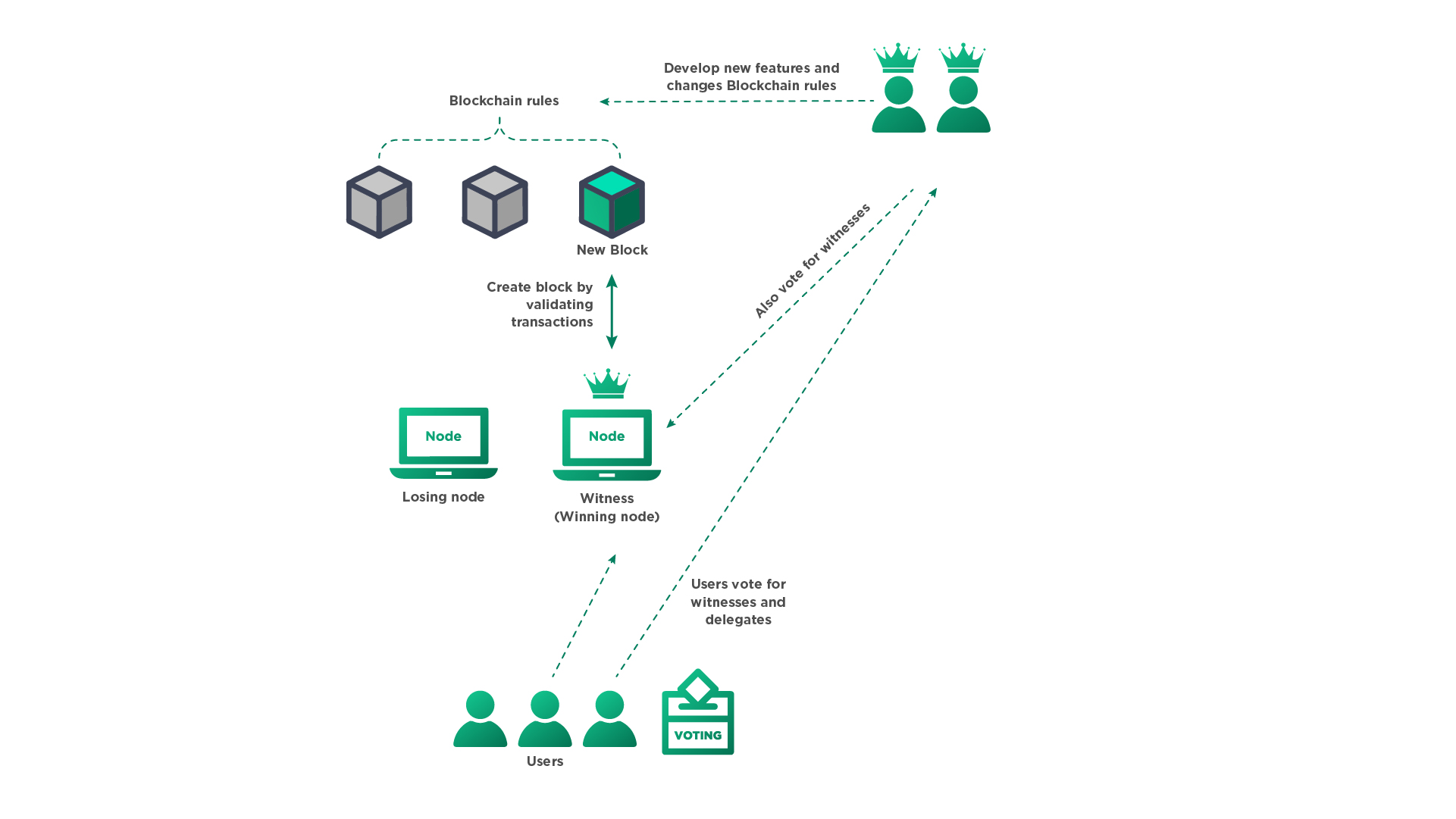
Conclusion
Unicorn Ultra Chain’s launch on the Solaris mainnet marks a paradigm shift for the scalability issue that the blockchain space has long struggled to solve. By modifying and applying numerous disruptive technologies, most notably Directed Acyclic Graph (DAG), Asynchronous Byzantine Fault Tolerance (ABFT), and Delegated Proof of Stake (DPoS), Unicorn Ultra Chain is able to achieve an extremely high level of performance while still maintaining security and decentralization.
It is apparent that Unicorn Ultra Chain has successfully become an all-rounded blockchain, an ideal platform for developing decentralized applications, and an evidently better option compared to existing alternative blockchains on the market. With the Solaris mainnet, we are proud to not only deliver a seamless blockchain experience to our users, but also to welcome any developer and application to on-board & build on Unicorn Ultra Chain!


